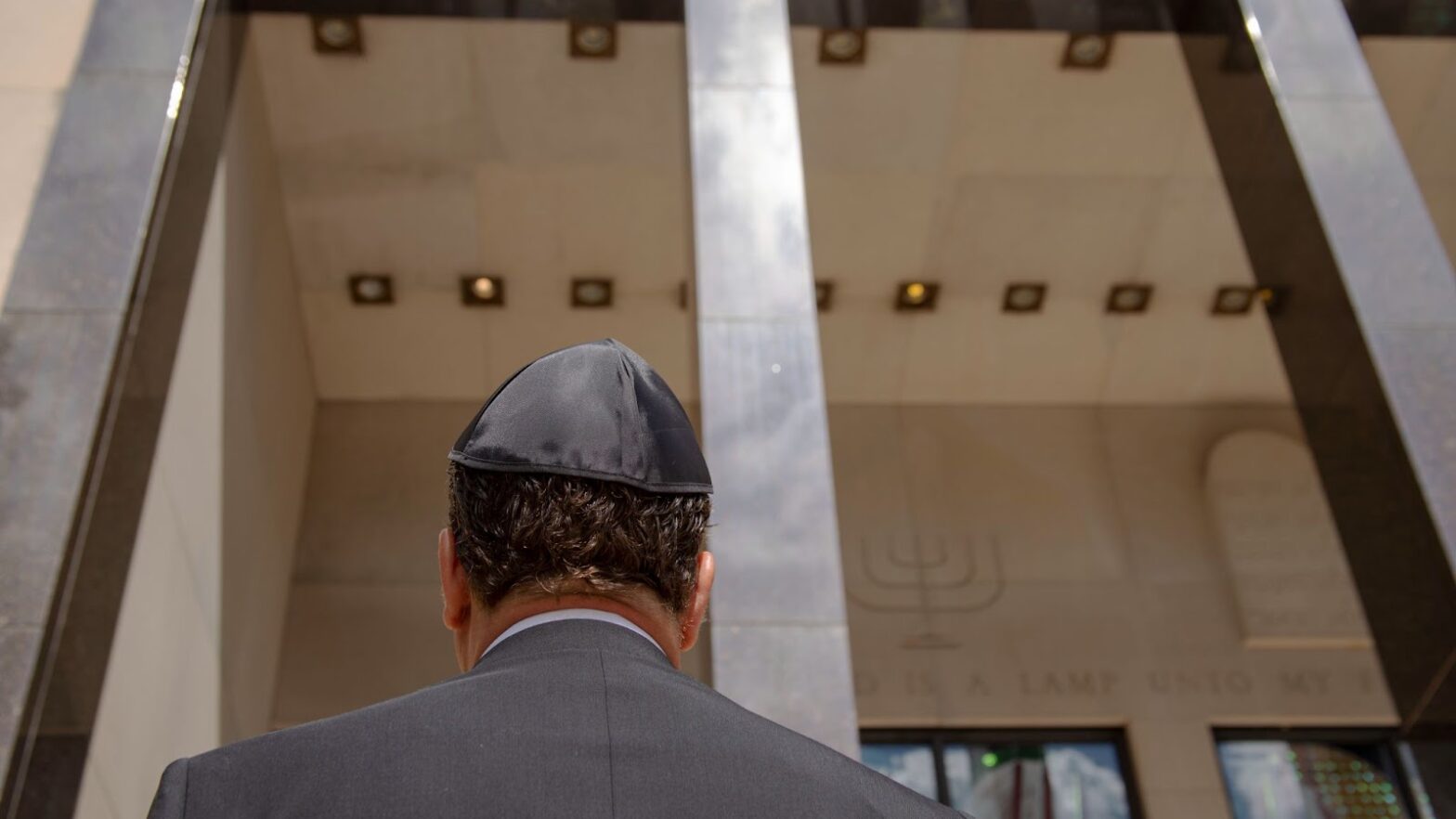The New School has excluded Rosh Hashanah and Yom Kippur from official university holidays for the second year in a row, leaving Jewish students frustrated about having class during their religious holidays.
The New School implemented the change in the 2021-2022 academic calendar as part of a university-wide transition devised in 2019, as stated by the school’s communications department. University officials formalized a winter term on the calendar and moved away from a university-wide attendance policy to individual policies decided by each school.
“The university fully supports students, faculty, and staff who observe the religious holidays that are important to them,” Snead said in a statement to The New School Free Press. “While the university calendar does not list the Jewish holidays as non-class or non-work days, any member of our community may be absent for these holidays—and any others they observe—without being penalized.”
New School spokesperson Merrie Snead did not comment on the university’s reasoning behind the decision to remove the Jewish holidays from non-class days.
Students and faculty do have the option to take off time to observe religious holidays, pursuant to New York State Education Laws, but it would be considered an excused absence. Students are required to use their personal time in order to make up any class time or work they have missed, and faculty are encouraged to schedule a make-up class for which all other students must be available.
University-wide, The New School academic catalog does note that students can be excused from class in order to observe a religious holiday pursuant to state law. However, only one school within the university, The New School for Social Research, currently has an outlined section about religious observances in its updated attendance policies.
Faculty “who wish to take time off may do so by using a floating holiday or vacation time (if the employee has accrued time) or take time without pay,” Snead said.
Current students have found these changes frustrating and unfair. “Yes, [the Jewish holidays] are excused in all your classes, like professors have to excuse the absences. But I’m still missing classes, I’m still missing academic time, missing material being taught during that time that … It’s like us Jewish students, on our own time, have to catch up on that work,” said Henry Shane (he/him), a student at Eugene Lang College of Liberal Arts. He expressed his frustration with the removal of Yom Kippur and Rosh Hashanah from non-class days and explained how it even conflicted with the traditions of the holidays themselves.
“If you take the Jewish holidays religiously, you’re not allowed to work on any of the holidays,” Shane said. “You’re not allowed to, like do schoolwork, you’re not allowed to do any sort of work, you’re supposed to be at the synagogue, you’re supposed to be resting, especially with your family and friends.”
In May of 2022, Lang faculty voted for significant changes to their new attendance policy, which resulted in a lack of clarity surrounding excused absences for religious holidays by removing a section on students’ ability to ask for time off found in prior versions of the document. Some professors at Lang were displeased with the changes to the university calendar.
“I personally was not happy that the Jewish holidays were taken off the holiday calendar,” Culture and Media professor Deborah Levitt (she/her) said.
Though the change is in line with the academic calendars of other private universities in the city, Levitt said — that as faculty with children know — it’s in opposition to New York City public school holidays.
“Our faculty holidays have gotten really out of sync with New York public school holidays,” she said. “… They’ve [NY public schools] gone in the direction of having more inclusive holidays, so there’s the Lunar New Year, there’s Eid al-Fitr… so we seem to be sort of going in the other direction.”
Parker Canby (she/her), a Jewish and Indigenous student at Parsons, said one of her professors didn’t understand her need to miss class on Yom Kippur and Rosh Hashanah. As a result, she decided against asking for an excused absence to miss class on Indigenous Peoples’ Day, which the school doesn’t recognize as a non-class day and has repeatedly held classes on.
“One of my teachers, I don’t think he fully understood what the situation was. And he wasn’t very nice to me in an email,” she said. “And if I, if I had to miss for Indigenous Peoples’ Day, I’d probably get the same response again, and I don’t want that.”








Leave a Reply